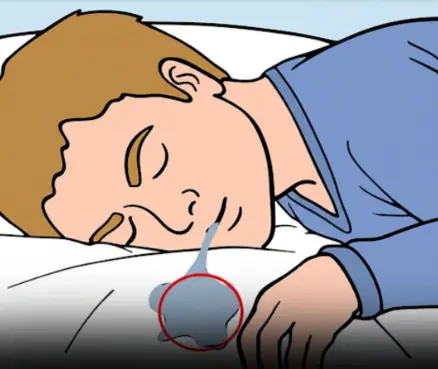
Is Moldy Food Still Edible If You Just Cut Off the Mold? Warning Signs Not Everyone Recognizes
Is Moldy Food Still Edible If You Just Cut Off the Mold? Warning Signs Not Everyone Recognizes
Summer is the season when food safety deserves extra attention. Do you know how to properly handle moldy food?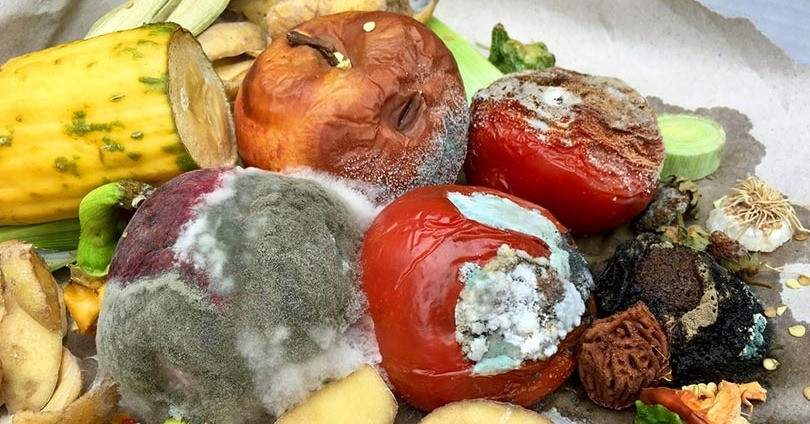
As soon as summer begins, temperatures can soar above 30°C, making fruits and vegetables prone to spoilage and mold after just a few days. Mold is a clear sign that food has deteriorated and, if not handled correctly, can pose serious health risks.
Food spoilage is the result of physical and chemical changes caused by environmental factors, which degrade quality, alter color, flavor, and reduce nutritional value. The main culprits are bacteria, mold, and natural enzymes in the food itself. In favorable conditions such as high temperature and humidity, these microorganisms thrive and break down proteins, fats, and starches — accelerating spoilage.
Beyond making food unappetizing, spoilage can also lead to the production of dangerous toxins. Consuming spoiled food may result in symptoms like nausea, vomiting, diarrhea, abdominal pain, and in severe cases, food poisoning and even death. Proper food storage is essential for health protection and disease prevention.
Recognizing Spoiled Food by Smell and Taste
Spoiled food usually emits an unpleasant odor due to biological decomposition. Fats in cooking oil, butter, lard, baked goods, and oily seeds can oxidize, causing rancid smells, bitter tastes, and changes in texture and color.
Protein-rich foods like meat, fish, eggs, seafood, and tofu produce foul odors when decomposing due to compounds such as amines, sulfides, and aldehydes.
Carbohydrate-rich foods — cereals, fruits, vegetables, and sugars — tend to taste sour or smell slightly alcoholic due to fermentation, which produces organic acids and alcohol. Common signs include rotting fruit, sour baked goods, or moldy rice.
Foods like bread, steamed buns, and rice stored in warm and humid environments are prone to mold, often emitting a musty smell and potentially containing aflatoxin — a dangerous toxin harmful to health.
Dry seafood like shrimp, fish, and squid, if stored for too long, may develop a strong ammonia odor and turn pink. This indicates protein breakdown and the formation of toxic amines and nitrosamines — cancer-causing substances.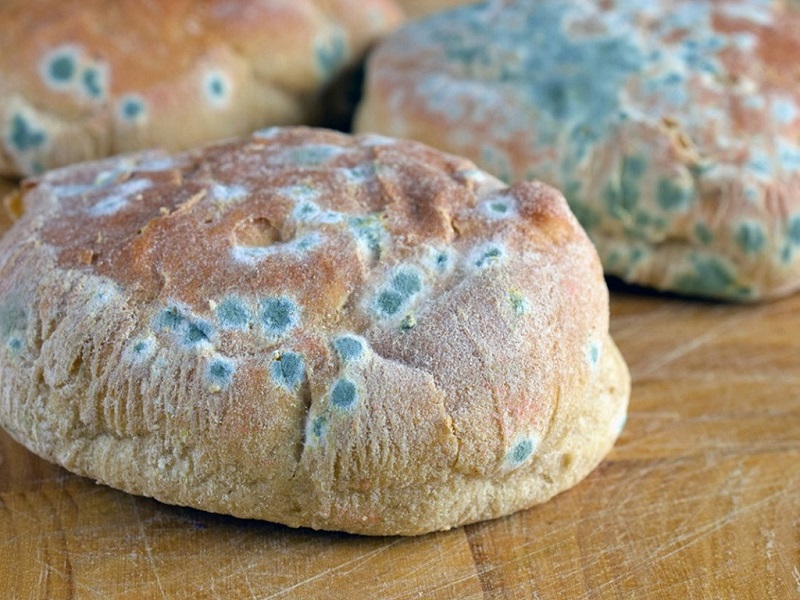
The Real Culprit Behind Mold
Mold thrives in warm and humid conditions, damaging food, clothes, and furniture. It forms thread-like structures that spread like spiderwebs and can grow even on non-nutritive surfaces if there is organic dust present.
Besides spoilage, mold also produces harmful toxins like aflatoxin (linked to liver cancer, often found in moldy grains and nuts) and patulin (found in moldy fruits, harmful to the digestive and nervous systems). Consuming mold-contaminated food poses serious health risks.
Many people try to salvage moldy food by cutting off the moldy part or reheating it, but this isn’t safe. Mold spores can spread throughout the food, and the toxins they produce are invisible and often odorless. Toxins like aflatoxin are heat-resistant and only destroyed at around 280°C, while regular cooking temperatures are around 100°C. The safest choice is to throw moldy food away.
In addition, mold can cause plant diseases and trigger allergies or illnesses in humans such as asthma, rhinitis, and dermatitis. It’s best to avoid contact with moldy food altogether.
Food That Should Be Discarded Immediately
-
Sprouted potatoes contain solanine, which is toxic.
-
Moldy sugarcane can produce neurotoxic mold.
-
Old spices may lose benefits and pose health risks.
-
Moldy peanuts and corn often carry aflatoxin and can cause cancer.
-
Spoiled seafood produces toxins that cause food poisoning.
-
Unhygienic fermented foods may lead to botulism.
-
Partially spoiled fruit usually means the whole fruit is contaminated.
-
Sweet potatoes with black spots can cause poisoning.
-
Rotten ginger may contain safrole, a liver toxin and potential carcinogen.
Tips to Prevent Food Spoilage
-
Buy smart: Choose ingredients based on your household’s needs. Check the production and expiration dates.
-
Store properly: Keep food in dry, cool, well-ventilated places. Store grains in airtight containers and vegetables in the refrigerator.
-
Clean regularly: Disinfect storage areas, inspect food frequently, and discard any moldy items.
-
Choose reputable brands: This reduces the risk of contamination from mold toxins.
News in the same category

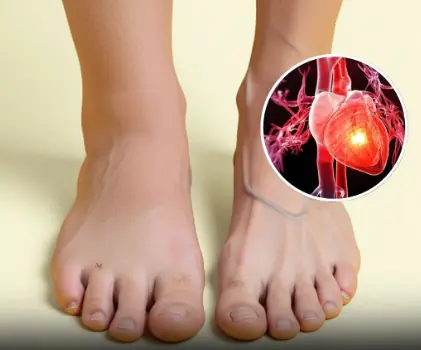
One Month Before A Heart Attack, Your Body Will Warn You Of These 7 Signs

5 foods you should never keep overnight

The Vegetable That Helps Reduce Sugar in The Body. It is Diabetes’ Strong Opponent
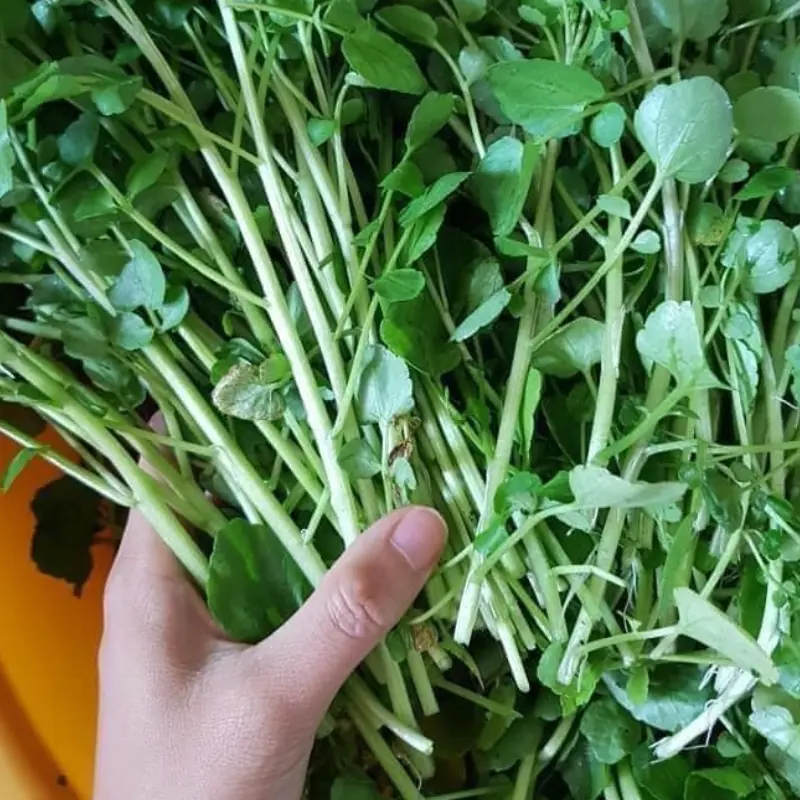
The World Is Buzzing About a Vegetable Said to Fight Can.cer Better Than Drugs

All The Things You Need to Know About Nighttime Urination And When To Start Worrying

A Sore Throat Checkup Revealed End-Stage Sto.mach Can.cer: An Angry Man Threw Two “Culprits” From His Kitchen Into the Street
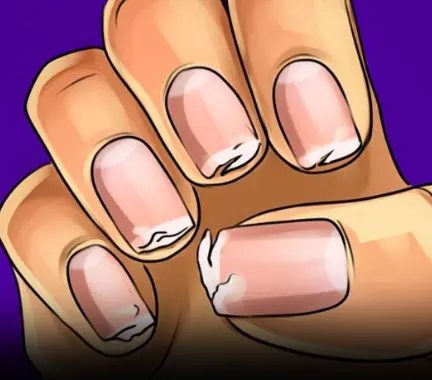
You Should Never Ignore These 9 Things Your Fingernails Reveal About Your Health

A 6-year-old boy diagnosed with late-stage canc3r, his father regrets after doctors reveal the cause linked to a popular type of beverage

A 40-Year-Old Man Died from a Sore Throat After 7 Rounds of Chemotherapy – Doctors Urgently Warn

Str.oke is not just an adult dis.ease: A wake-up call for parents after a 6-year-old b.oy’s case

When Nighttime Leg Cramps Become a Concern

The Power of Gyan Mudra: Benefits and How to Practice It

6 Nighttime Warning Signs That Reveal a High St.ro.ke Ri.sk After 40
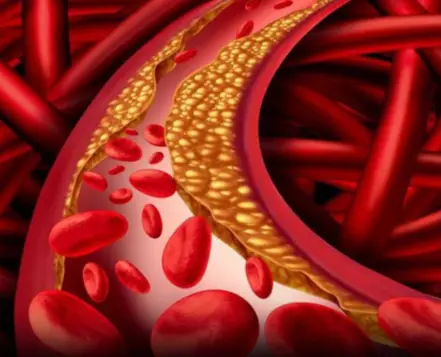
36-Year-Old Teacher Passes Away from Diabetes Despite Not Liking Sweets — Doctor Says It's Due to 4 Favorite Foods
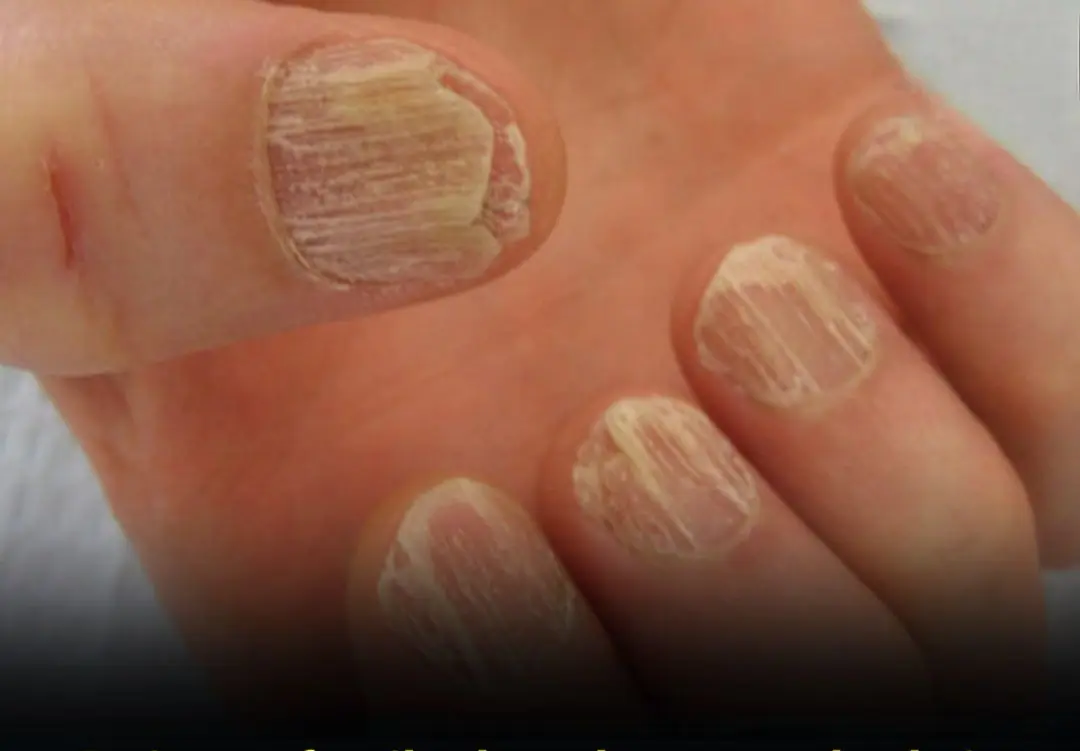
9 Alarming Nail Changes That Reveal Hidden Health Problems

Doctors Warn After Young Man Contracts Multiple Para.sites From a Common Food

Behind a rare disease at the prime of her youth lies a harmful daily habit — one that many of us may also have.
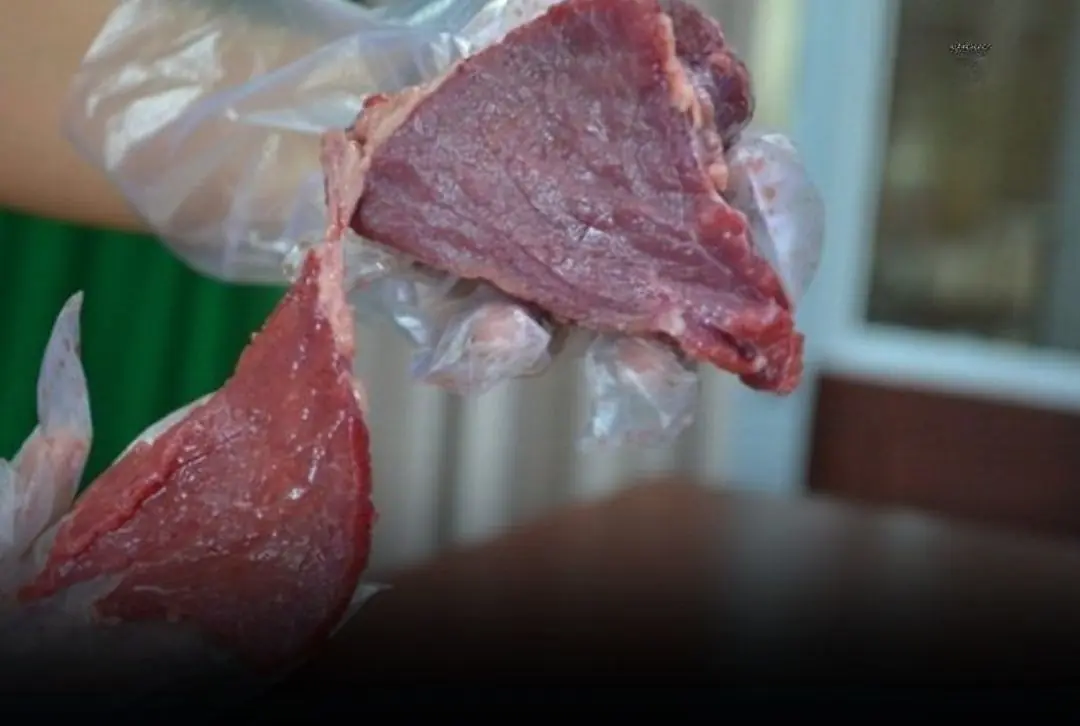
Spot Beef With These 3 Red Flags — Don’t Be Tempted by Low Prices or You Could Be Buying Trouble
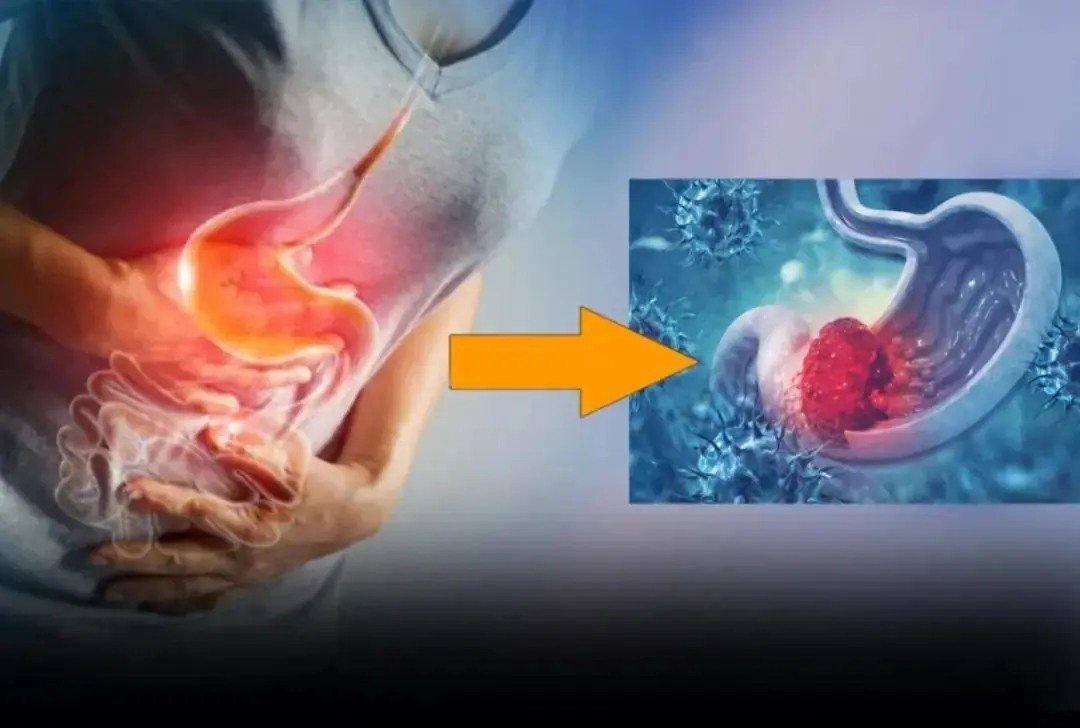
Sto.mach can.cer is a disease that takes the lives of many people around the world.
News Post

If you drool while sleeping often, check for these 6 diseases

One Month Before A Heart Attack, Your Body Will Warn You Of These 7 Signs

5 foods you should never keep overnight

The Vegetable That Helps Reduce Sugar in The Body. It is Diabetes’ Strong Opponent

The World Is Buzzing About a Vegetable Said to Fight Can.cer Better Than Drugs

All The Things You Need to Know About Nighttime Urination And When To Start Worrying

A Sore Throat Checkup Revealed End-Stage Sto.mach Can.cer: An Angry Man Threw Two “Culprits” From His Kitchen Into the Street

You Should Never Ignore These 9 Things Your Fingernails Reveal About Your Health

A 6-year-old boy diagnosed with late-stage canc3r, his father regrets after doctors reveal the cause linked to a popular type of beverage

A 40-Year-Old Man Died from a Sore Throat After 7 Rounds of Chemotherapy – Doctors Urgently Warn

Str.oke is not just an adult dis.ease: A wake-up call for parents after a 6-year-old b.oy’s case

When Nighttime Leg Cramps Become a Concern

The Power of Gyan Mudra: Benefits and How to Practice It
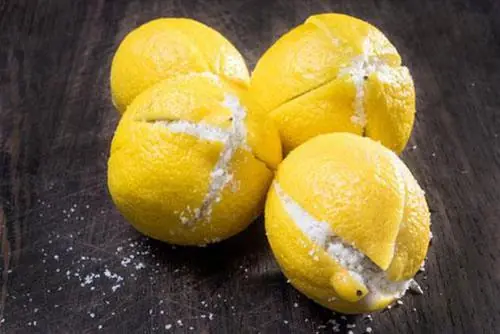
Little-known benefits of placing lemon with salt in the room

6 Nighttime Warning Signs That Reveal a High St.ro.ke Ri.sk After 40

36-Year-Old Teacher Passes Away from Diabetes Despite Not Liking Sweets — Doctor Says It's Due to 4 Favorite Foods

9 Alarming Nail Changes That Reveal Hidden Health Problems

Doctors Warn After Young Man Contracts Multiple Para.sites From a Common Food

Behind a rare disease at the prime of her youth lies a harmful daily habit — one that many of us may also have.
